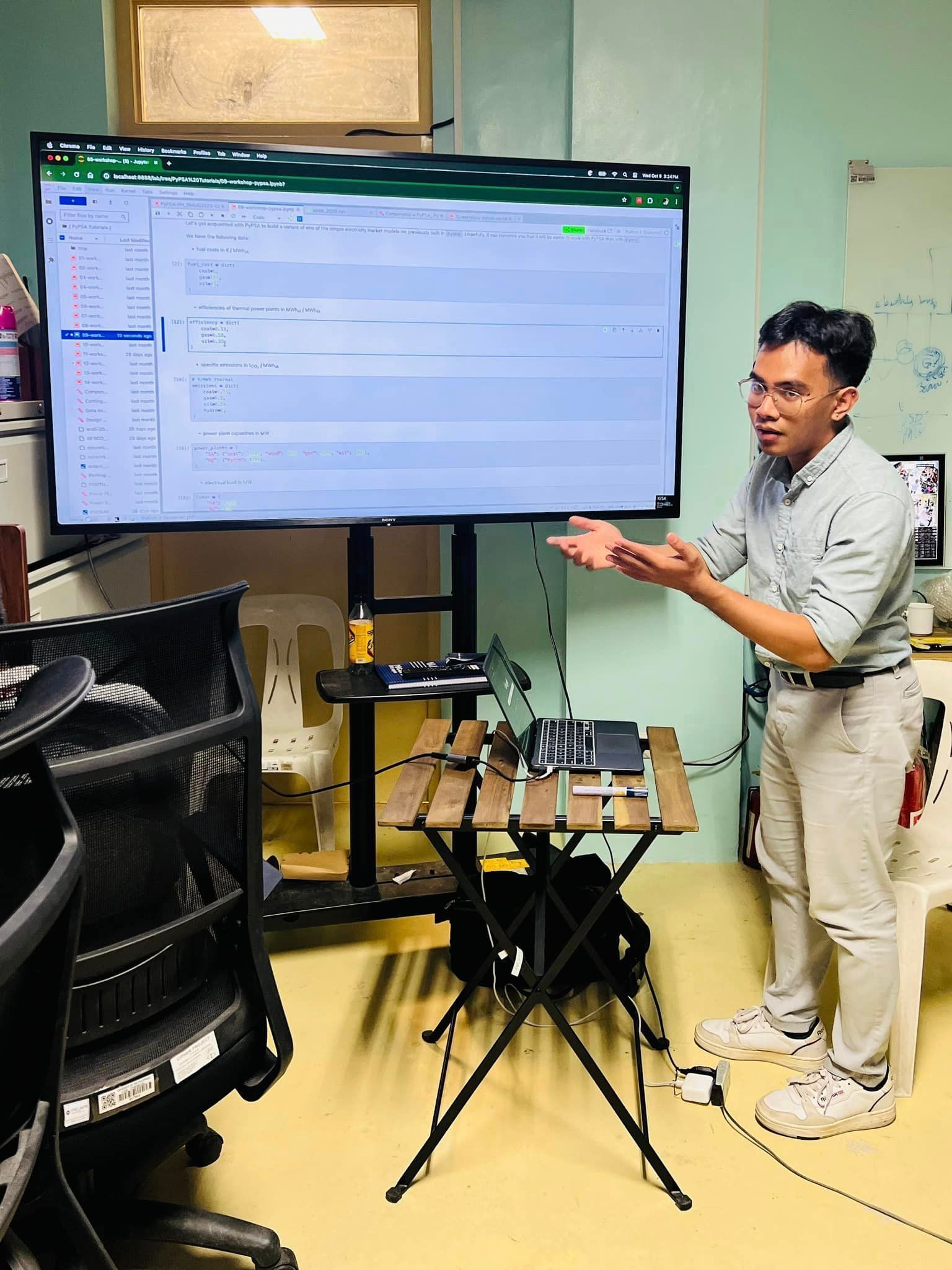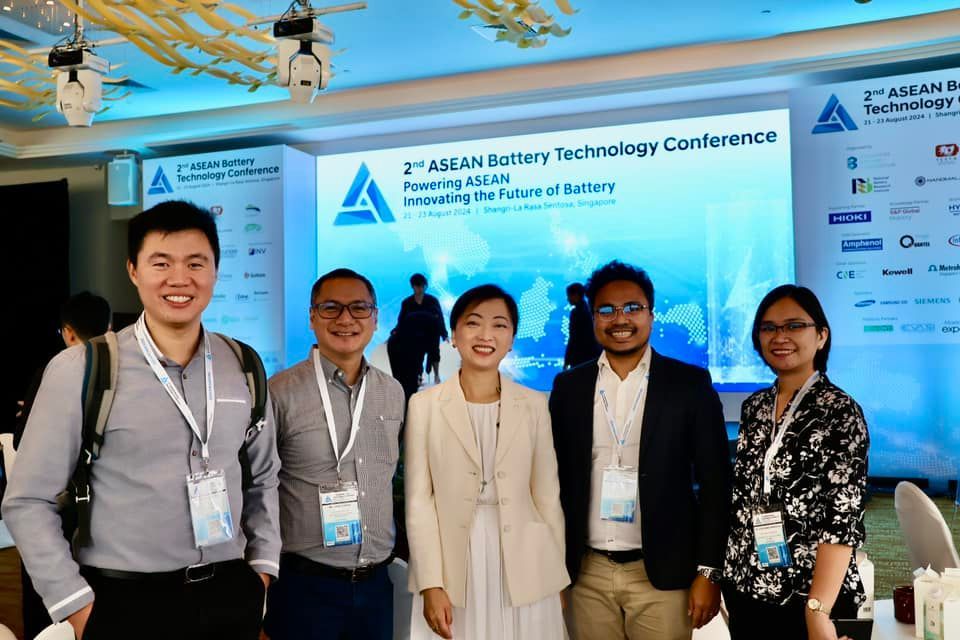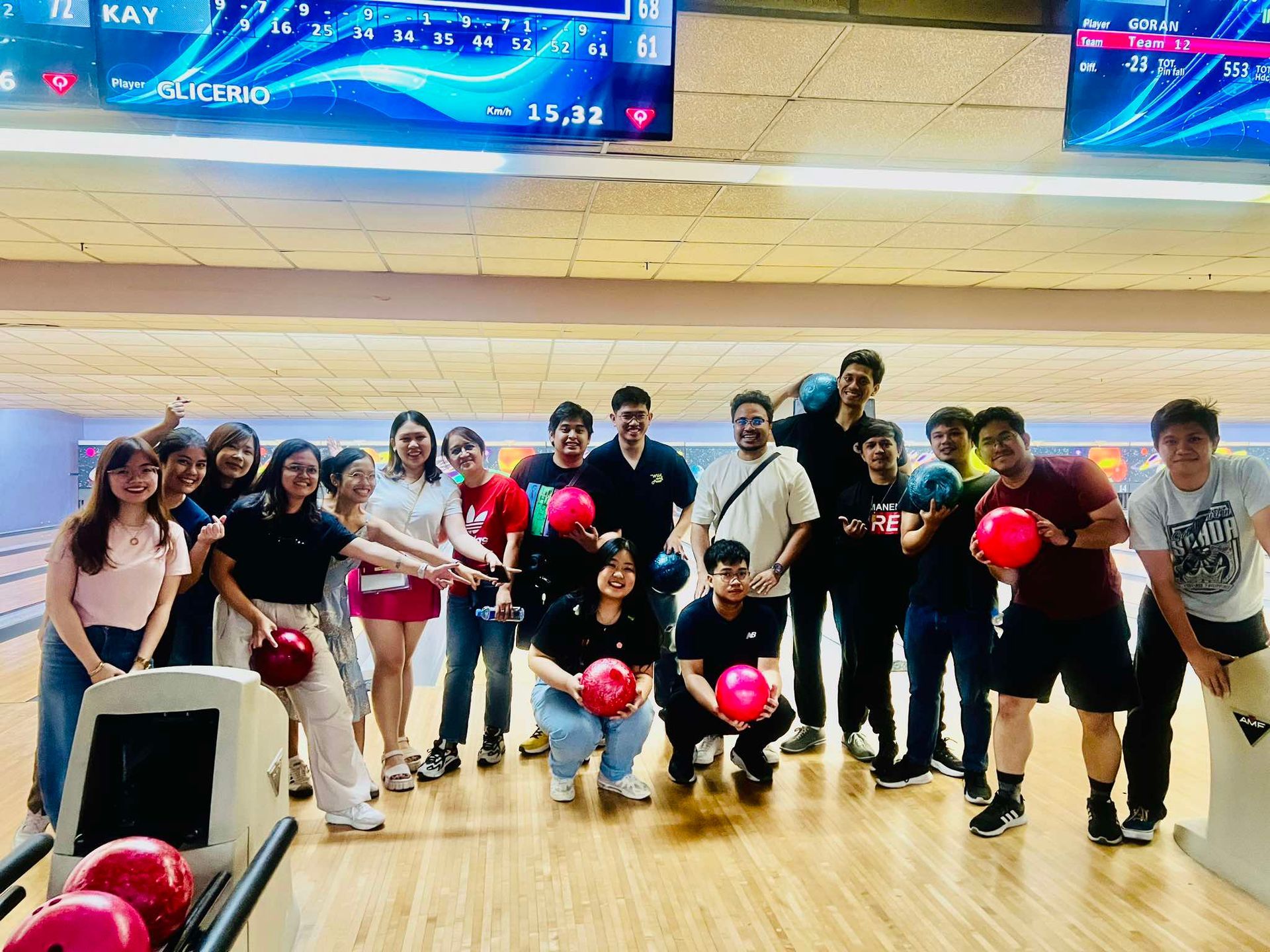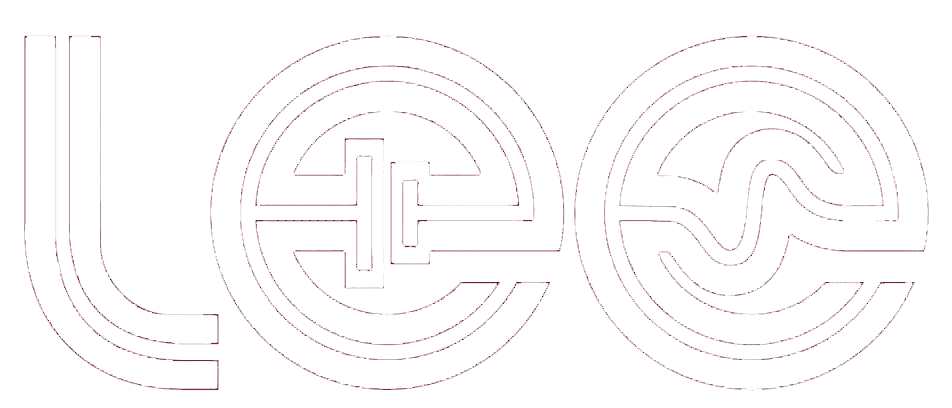NAST Awards Prof. Joey Ocon as OYS 2015
The growing interest in technology in the public may not match the appreciation of the electrochemical engineering behind it, but Prof. Joey Ocon is doing his share in creating a better and thereby more energy-efficient world.
At 29, Prof. Joey is one of the youngest NAST Outstanding Young Scientists awardees to date. He is presently a Professor at the Department of Chemical Engineering in the University of the Philippines Diliman and is instrumental in starting the Laboratory of Electrochemical Engineering (LEE). LEE is a dedicated incubator of new ideas that increasingly blur the lines between the chemical and electrical engineering world. The lab focuses on research and development of novel materials and systems for more efficient electrochemical technologies in energy, health, and environmental applications. His research interests lie in the intersection between chemical engineering, material science, electrochemistry, and catalysis.
A prolific young researcher and writer, Prof. Joey has authored more than 25 papers published and submitted in the leading international peer-reviewed journals in between his master’s and doctoral degrees. Since his niche is considered relatively new, this has allowed him to push the boundaries of two established branches of engineering for a whole new playground of experimentation. For instance, he has developed a new class of metal-air batteries based on semiconductor anodes, for which he first coined the term “ semiconductor-air batteries ” in a recent paper as part of his PhD dissertation. When it comes to getting more energy from lithium batteries—batteries widely used in many current technologies from smartphones to tablets—he is part of a team which developed new electrodes synthesized using a green chemistry route that offers higher energy densities than conventional lithium ion batteries, thus contributing to the potential of creating a better, slimmer and more environment-friendly batteries. He has also developed new catalysts for faster hydrogen generation and for efficient oxidation of fuels and reduction of oxygen in fuel cells. Aside from energy applications, he and his research team developed new catalysts for converting carbon dioxide to valuable chemicals like ethylene, methane, and methanol, new desalination electrodes for capacitive deionization, and an electrowinning process for ultrahigh NaOH purification for solar cell production. In the end, his studies are reflective of how he spends his energy for pursuits in energy efficiency and creation of new materials for technological applications.
Prof. Joey believes that what happens in the lab is only half of the work for the young, modern scientist. The earnest desire to lobby for stronger support in R&D is reflected in his policy paper and presentation of ideas measured against the rigid review of both peers and critics. In Asia, he has written a science and technology policy review paper as part of a grant from the Korean Science and Technology Policy Institute (STEPI) on the lessons of the Korean Innovation Model for ASEAN countries. On the world stage, he was also recently invited to attend the 2015 Multi-disciplinary Lindau Nobel Laureate Meeting in Germany, which will bring together a record number 67 Nobel Prize winners and 650 excellent young scientists from nearly 90 countries. He has presented papers in conferences in Asia, Germany, and the USA and is an active member of the International Society of Electrochemistry (ISE), The Electrochemical Society (ECS), and the Materials Research Society (MRS).
Prof. Joey is yet to formally receive his PhD degree in Environmental Science and Engineering at the Gwangju Institute of Science and Technology (GIST, South Korea) in August this year as a UP-DOST ERDT Faculty Development and Korean Government scholar. In 2013, he was awarded a GIST Presidential Citation for outstanding performance in research and academics. He graduated cum laude from the University of the Philippines Diliman in Chemical Engineering in 2008 and finished his master’s degree in 2011 under Prof. Rizalinda L. de Leon, PhD. Before leaving for his doctorate studies in 2011, he was enrolled in the Master of Public Management program of the Ateneo School of Government. As a full-time Instructor at UP from 2009, he managed to finish his MSc degree in two years, with his research works resulting in two international publications. In April 2009, he ranked 9th in the Chemical Engineering Licensure Examination. He is a proud product of the Philippine public school system from grade school to graduate school, consistently ranked as a top scholar. He was also an undergraduate scholar of the DOST SEI R.A. 7687 and of Mayor Del R. de Guzman of Marikina City.
As a student in UP, Prof. Joey was actively involved in the Philippine Society of Youth Science Clubs, Inc. (PSYSC, Inc.) for the promotion of the public understanding of science, technology, and the environment to young minds, who like him, have been raised in the provinces. He hails from Tagum City, Davao del Norte, and is the middle child of Mr. Ernesto B. Ocon and Mrs. Anita D. Ocon.
In the future, he hopes to start an Energy Storage and Conversion R&D Center, to mentor aspiring research scientists and engineers who share his passion to discover new scientific insights and to develop novel technologies for improving the quality of human living. In his free time, he runs, swims, plays basketball and often finds inspiration from his family, friends, and his girlfriend Anna.
by Penelope Endozo , Philippine Daily Inquirer





